
Vueron Newsletter
No. 107
2024.04.16
| Driver of electric Ford SUV was using automated system before fatal Texas crash, investigators say | ||
| Self-driving car company Wayve opens artificial intelligence office in Vancouver | ||
| Luminar Attracts Former Executives From Lyft, Apple and Meta, Microsoft | ||
| Tesla’s Full Self-Driving Subscription Gets a Big Price Cut |
1. Driver of electric Ford SUV was using automated system before fatal Texas crash, investigators say
- Federal investigators confirm that the driver of a Ford electric SUV involved in a fatal crash in Texas was using Ford’s partially automated driving system before the accident.
- The SUV was equipped with Ford’s “Blue Cruise” driver-assist system, as indicated by data from the vehicle.
- The crash is one of two recent fatal incidents involving Ford Mustang Mach Es under investigation by the National Transportation Safety Board (NTSB) and the National Highway Traffic Safety Administration (NHTSA).
- In both cases, the Mach Es collided with stationary vehicles on freeways at night, and neither the driver nor the system could prevent the collisions.
- Ford emphasizes that its driving systems are not meant to replace human drivers, who must remain ready to take control at any time.
- The NTSB intends to issue safety recommendations to prevent similar crashes, citing ongoing interest in advanced driver assistance systems and how drivers interact with such technology.
- Another fatal crash involving a Mach E occurred in Philadelphia, resulting in the deaths of two individuals. The driver of the Mach E may face charges of homicide by motor vehicle while driving under the influence.
- Ford’s Blue Cruise system allows hands-free driving on highways but requires drivers to remain attentive. It operates on 97% of controlled access highways in the U.S. and Canada.
- Despite incidents like these, there are no fully autonomous vehicles available for sale to the public in the U.S.
- Both NHTSA and NTSB have previously investigated crashes involving partially automated driving systems, with a focus on system functionality and driver interaction.
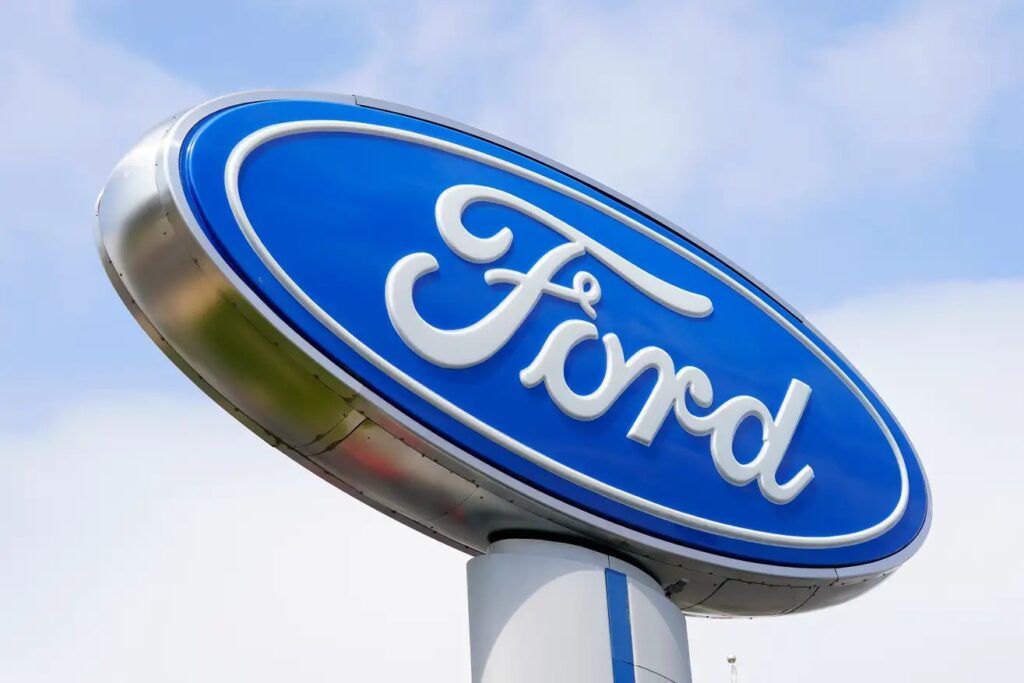
The incidents highlight challenges and limitations of partially automated driving systems, indicating the need for continued scrutiny and improvement in both technology and driver education. Despite advancements in driver assistance systems, human oversight and intervention remain critical for safe operation.
2. Self-driving car company Wayve opens artificial intelligence office in Vancouver
- Wayve, a leading company in self-driving vehicle technology, has opened a new office in Vancouver to advance its AI research and development.
- The Vancouver office will focus on advancing “Embodied AI” for self-driving technology, which involves artificial intelligence interacting with the environment through physical movement.
- Vancouver was chosen for its high technology talent market growth, surpassing tech hubs like San Francisco, and its vibrant startup ecosystem and presence of international tech companies.
- The new team in Vancouver will focus on scientific discovery and will be led by Wayve’s chief scientist Jamie Shotton and computer vision and machine learning scientist Yasutaka Furukawa.
- Wayve aims to unlock significant safety, economic, and environmental benefits of self-driving technology through scientific innovation.
- Wayve’s technology allows its autonomous vehicles to be “interrogated,” using technology similar to ChatGPT, enabling them to answer questions about their driving decisions.
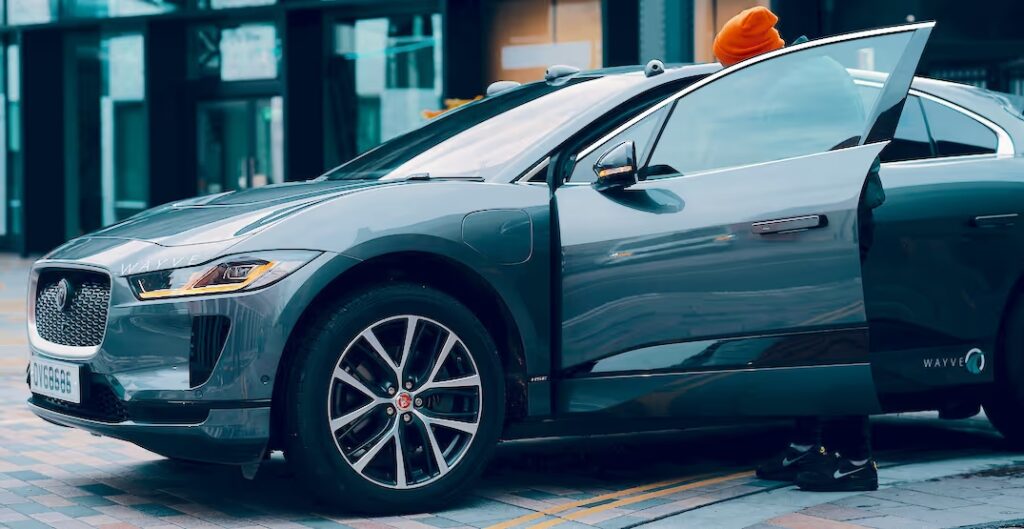
Vancouver’s growing reputation as a tech hub is attracting major players in AI and self-driving technology, reinforcing the city’s position as a global leader in innovation. The decision to establish a presence in Vancouver highlights the city’s strengths in talent acquisition, research, and ecosystem support for tech companies.
3. STRADVISION Enhances Automated Driving Solution with Next-Gen SVNet on Horizon Robotics Journey™ 3
- STRADVISION and Horizon Robotics, partners in deep learning-based vision perception technology for automotive applications, announce the optimization of STRADVISION’s SVNet software, ‘3D Perception Network’, for Horizon Journey™ 3 solution.
- The ‘3D Perception Network’ enhances the sensing-perceiving-planning-action sequence in ADAS systems, reducing detection errors by up to 10% and improving detection stability by up to 30%.
- The optimized software enhances scalability and cost efficiency of ADAS/AD technology in passenger vehicles.
- The partnership aims to provide high-quality and cost-efficient driving solutions, with the successful optimization paving the way for a seamless transition to Horizon Journey™ 6 series, which offers unmatched energy efficiency and openness with Nash BPU™ architecture.
- The joint solution by STRADVISION and Horizon Robotics leads in performance, low system complexity, and cost-effectiveness, facilitating expanded mass-market production of L2/L2+ ADAS systems for safe, comfortable, and enjoyable driving experiences.
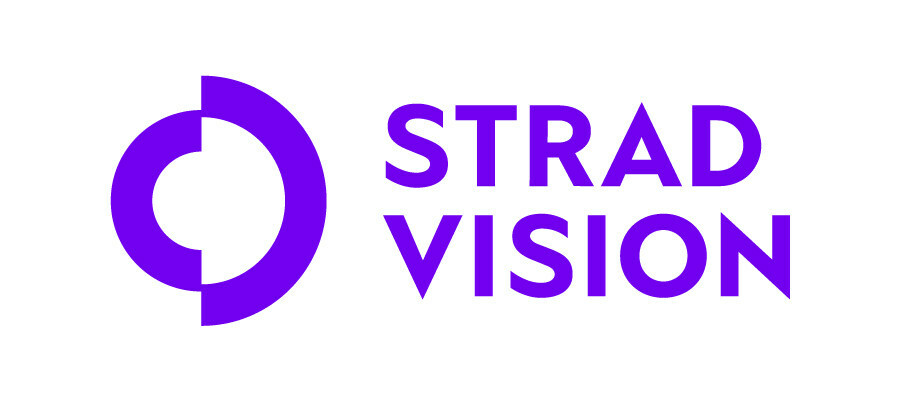
Optimization of perception technology like the ‘3D Perception Network’ reflects ongoing efforts to enhance the reliability and performance of ADAS systems, addressing critical safety concerns.
4. Luminar Attracts Former Executives From Lyft, Apple and Meta, Microsoft
- Luminar announces two new executive hires to facilitate its rapid growth phase.
- Dr. David Foster joins as Executive Vice President of Engineering, bringing extensive experience from Lyft, Apple, Microsoft, and Amazon. He holds a Doctorate in Philosophy in Electrical Engineering and Computer Vision from the University of Oxford.
- John Pinette is appointed as Senior Vice President of Communications, previously leading global communications at Meta and holding senior roles at Microsoft, Vulcan, Pershing Square Capital Management, Gates Ventures, and Google. He holds degrees in philosophy, history, and theology.
- Luminar Founder and CEO, Austin Russell, emphasizes the significance of the hires for Luminar’s transition to deploying LiDAR technology on passenger cars and highlights the need for both engineering and communication expertise.
- David Foster expresses excitement about joining Luminar and contributing to improving driver safety through innovative technology.
- John Pinette underscores the importance of communicating the benefits of Luminar’s technology for driver safety and community well-being.
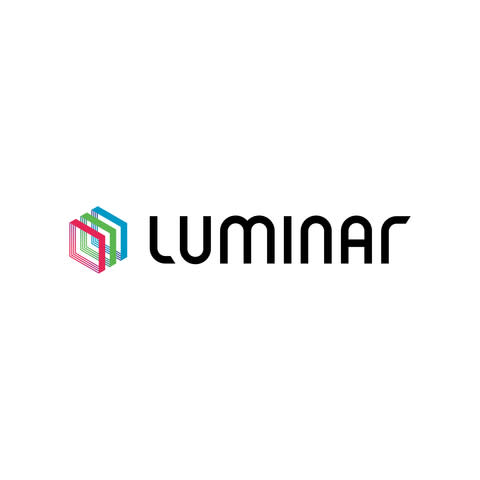
Luminar’s emphasis on enhancing driver safety through LiDAR technology indicates a commitment to addressing critical challenges in the automotive industry and improving road safety worldwide. The combination of engineering excellence and effective communication strategies will be essential for Luminar to successfully navigate its next phase of growth and establish itself as a leader in automotive technology.
5. Tesla’s Full Self-Driving Subscription Gets a Big Price Cut
- Tesla reduces the monthly subscription cost for its Full Self-Driving (FSD) feature from $199 to $99.
- The price change was officially announced by Tesla on Friday.
- Last month, Tesla announced that every new electric car it sells will come equipped with and enabled for FSD, with buyers required to pay for the feature after a test drive.
- Elon Musk promises “significant improvements” to FSD every two weeks, aiming for substantial enhancement by the end of April or early May.
- Alongside the monthly subscription, FSD can also be purchased for a one-time fee of $12,000, specific to each vehicle and not transferrable.
- Tesla shifts focus from launching a low-cost EV to prioritizing the development of a new robotaxi, scheduled for release on August 8.
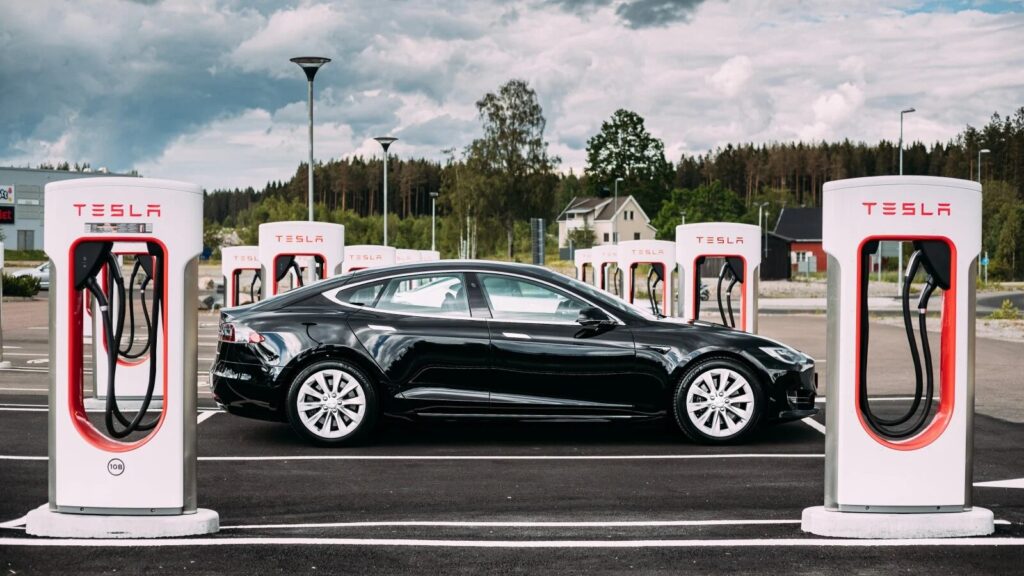
The price reduction for FSD subscription reflects Tesla’s efforts to make its advanced autonomous driving features more accessible to customers. Tesla’s decision to prioritize the development of a robotaxi indicates a strategic shift towards leveraging autonomous driving technology for future mobility solutions, potentially disrupting traditional transportation models.
*Contents above are the opinion of ChatGPT, not an individual nor company

